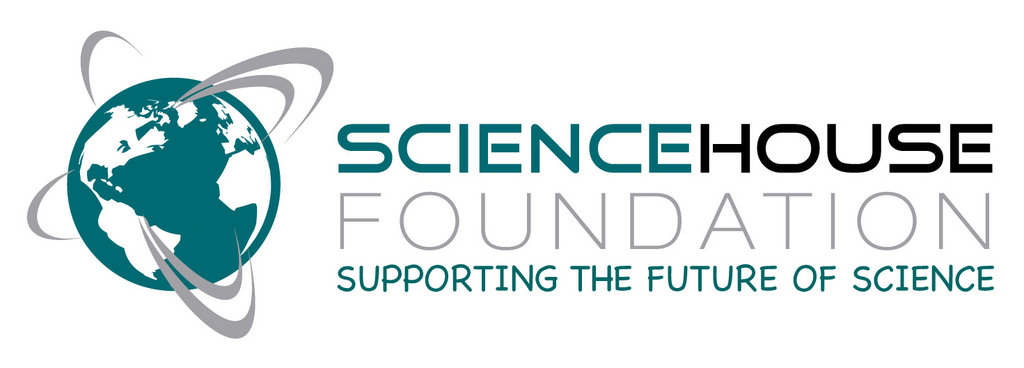Science House Foundation - Joshua Fouts
Science, Imagination and
the Art of Adaption: Understanding Climate Change Awareness Through the Prism
of Brazil - Joshua Fouts, Executive
Director, Science House Foundation - In
their "Pause", Joshua Fouts and his team traveled to the heart of the Amazon
jungle to deliver microscopes to the "legacy communities" of the indigenous
Ashaninka People, to teach them about science education and to help them learn
to evaluate the impacts of climate change in their environment.
As a result of that successful Amazon expedition, now awarded with a "Seeding Possibilities" grant, Joshua and Science House Foundation are collaborating with a team of Brazilian anthropologists and game designers at the University of Sao Paulo on the creation of an Iphone/IPad app game that informs players about the culture of another "legacy community" of indigenous ethnic Brazilian people known as the Kaxinawa, who live in the state of Acre, Brazil. The purpose of the game will be to convey the importance of indigenous knowledge and demonstrate the relationship between man and the environment from the standpoint of indigenous peoples, with an emphasis on explaining the impact of climate change on these "legacy communities".


